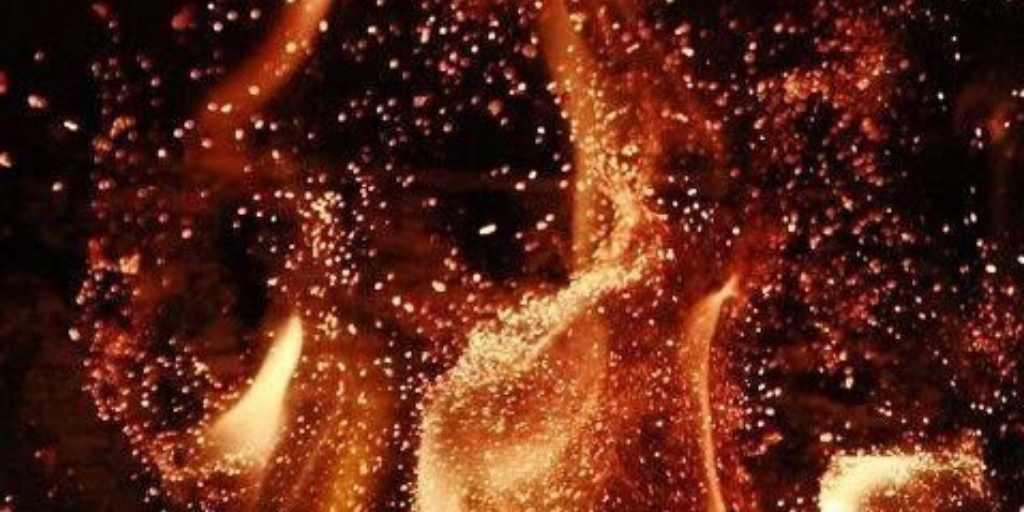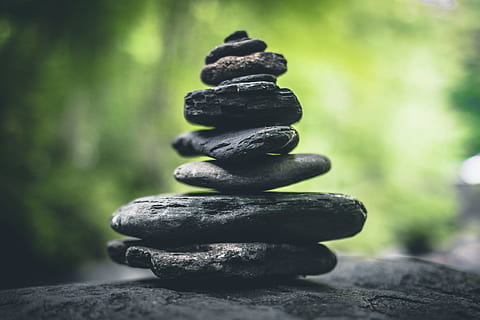Written by Dara Latinwo. One Young World Ambassador, UK

During this febrile flashpoint for America’s black community, it can feel that expressions of anything other than rage, pain or despair are inappropriate or, worse, indicative of a cold, insensitive interior. In the hot shadow of unjustified brutality and death, heartfelt grief singed by righteous anger resonates as the ‘right response’, the only response: so much so, that even the slightest deviation from this emotional hymn sheet feels heretical, especially coming from a black female.
However, wading through the recent deluge of tweets and thought pieces, I was left with the uneasy impression that prevailing narratives largely presented the black community as one still desperately looking to non-black (usually white) others to act differently or speak out alongside our voices. Something about this struck me as quietly disempowering.
While the solidarity of those outside the black community should be welcomed – as would be police restraint – is there a risk of becoming addicted to this solidarity at the expense of working out what we as a black population can do for ourselves individually and for each other communally?
On closer inspection, support (mingled with sympathy) from outside of one’s community, though valuable, is a currency that has little purchasing power in the long term – especially if enduring societal security and respect are what the community is ultimately looking to acquire.
Casting a glance at the ethnic minority groups in the UK and US that seem to have dealt more deftly with communally-directed racism, a strong thread of economic self-sufficiency and intra-community enablement runs throughout them. Indeed, a number of Indian friends have breezily mentioned in passing that large-scale lending quite regularly occurs within their wide, yet close-knit, networks, to minimise the leakage of loan interest from their community to commercial banks’ bottom lines.
Similarly, giggled anecdotes from Jewish school friends about dreary evenings at Hebrew supplementary school (offset by sponsored summer trips to Israel!) offered me a small window of insight into how members of this community relate to and rely on one another, both within their country of residence and beyond it.

As far as I can tell, people within communities like those highlighted above lend to each other, spend on each other, invest in each other, collaborate with each other and enable each other. Modern corporate hierarchies perhaps offer the most visible upshot of all this: a 2011 Global Leadership Survey conducted by the executive search firm Egon Zehnder revealed Indians led more S&P 500 organisations than people of any other nationality (after Americans).
Although civil rights – enshrined in law and (ideally) enacted in practice – are essential, political and social freedoms quickly curdle without the accompanying economic elevation. One only needs to take a weary look at post-apartheid South Africa for this fact to ring viscerally true.
The stark reality is that we live in a broken world which is unlikely to ever truly be perfected because we have not, as of yet, found a way to perfect ourselves as human beings. As such, prejudice and injustice will continue to be fixtures of the societal landscape, to varying degrees, for some time.
So instead of fire, what if our community brought focus? Focus inward on each other locally. Focus outward to the black diaspora internationally. Focus upward to a platform where far more of us could transcend the constraints posed by residual unfairness in the dark corners of society. This seems the surest way of fortifying our community now and in the future – much more so than relying on the uncertain kindness of strangers and repeatedly requesting they be nicer to us.

Have comments on the article or thoughts on how to realise the aspirations it outlines? If yes, connect and collaborate with Dara via her LinkedIn page.